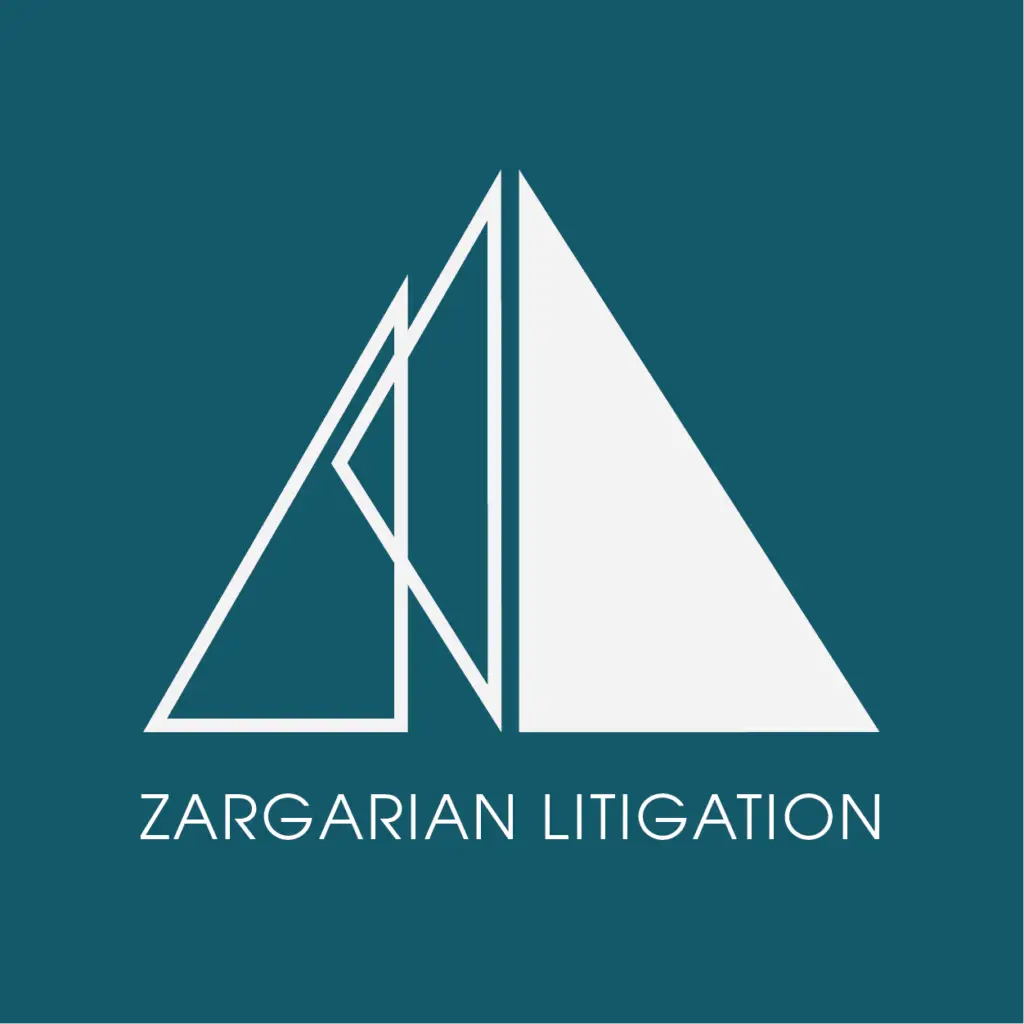In a recent study published by the Mental Health Commission of Canda, it was found that one in five working individuals struggle with mental health concerns. Moreover, at least 500,000 individuals seek sick leave due to their mental health difficulties caused by stress.
With so many Canadians suffering from extreme stress in the workplace, especially with COVID-19, many question their legal rights concerning stress and mental health leave.
If you’re someone who suffers from high stress levels or any other mental health problems, we’ve compiled this article with the information you need to know about your workplace rights concerning stress and mental health leave.
Stress Leave in the Workplace
Generally, time off for a stress-related or mental health issue is considered a health matter.
In other words, someone who suffers from extreme stress levels can take sick leave similar to other employees taking sick leave for the flu, for example.
Mental health problems, acute stress and anxiety disorders are considered a sickness, and thus you’re entitled to take sick leave.
Requesting Sick Leave in British Columbia

Your employer may provide explicitly for paid sick leave in your employment contract. If not, you may consider taking sick leave without pay.
In terms of the BC Employment Standards Act, if you have been employed for a minimum of 90 consecutive days by the employer, you are allowed up to 3 days of unpaid leave per employment year for personal illness or injury.
However, the Act merely proposes a minimum standard. Employers are entitled to provide sick leave (paid or unpaid) to their employers over and above the requirements set out in the Act.
If you suffer from chronic stress or an anxiety disorder, you should consult your employment contract to see if your employer makes provision for sick leave.
What About a Doctor’s Note?
While the Act requires you to provide notice to your employer if you’re unable to attend work due to health-related concerns, you are not necessarily required to provide a doctor’s note to your employer.
Employers generally don’t ask for a sick note if you’re unable to attend work for a period of 1 to 2 days. If, however, the period extends beyond three days, they may likely ask for one.
Employer’s Duty to Accommodate
In terms of the BC Human Rights Code, your employer has a duty to accommodate any condition that renders you unable to work. In other words, your employer is required to ensure that considerations are made to accommodate your needs before simply dismissing you.
For example, your employer may let you take a leave of absence to get the treatment you need or adjust your schedule while you determine how to manage your stress or mental health concerns.
The duty to accommodate employees isn’t without limits, however. Your employer need not accommodate your circumstances if it starts causing them, or your fellow employees, undue hardship.
Note: if you asked to be accommodated, your employer is likely going to want to learn more about why you need assistance.
Disability Benefits
It’s worth noting in your employment contract if your employer provides their employees with disability benefits. These benefits often include an employment insurance scheme which could cover your payments if you have to take sick days due to stress or mental health concerns.
Key Takeaways
Stress is one of the leading causes of mental health issues in the workplace and has become a growing concern for many employers and employees.
In general, as per the BC Employment Standards, sick leave is unpaid and only available to employees for a period of three days. However, each employer may offer something different in terms of their employment contracts.
As a result, employees’ rights are generally considered on a case-by-case basis.
If you’re suffering from severe stress or mental health issues, and aren’t sure what your legal rights are, it’s recommended that you seek advice from an experienced lawyer. We can help you understand your workplace rights.
Contact us to set up a consultation today.


